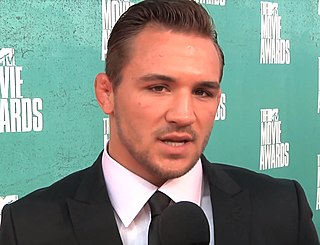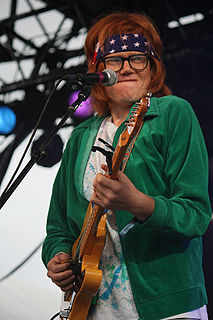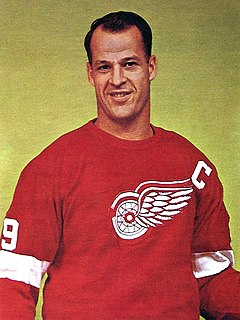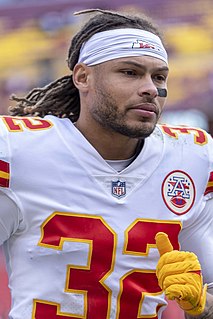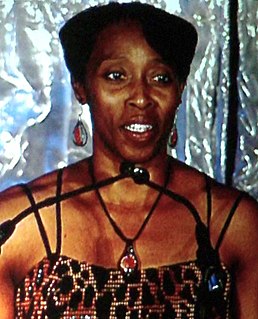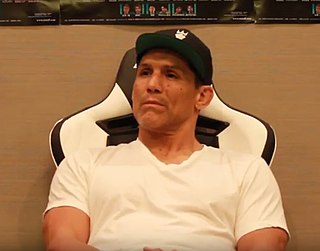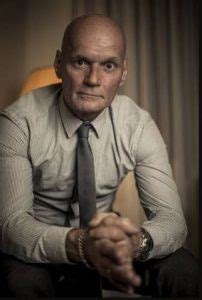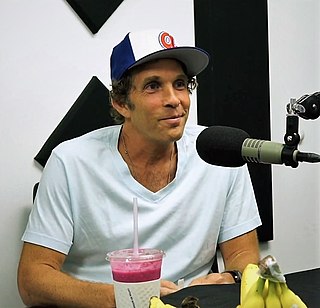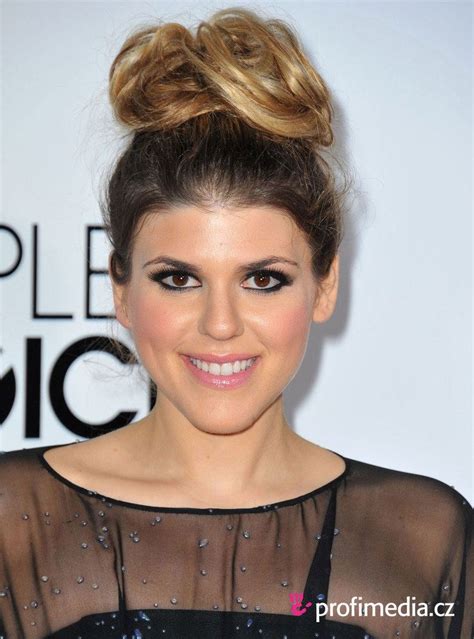A Quote by Michael Chandler
I had so much growing up and I'm so thankful for all the people who invested in my life.
Related Quotes
The people at festivals are much more open to dance and just sing along. They come right up to the stage and they're very thankful. That's one thing I really appreciate about the yoga culture, that the people are very thankful. They come up to you as much as any fan would, but they express sincere gratitude and I appreciate that.
I feel like I'd invested so much in the physical side of my life: running marathons - I brought a SEAL into my house - I have a trainer. But I've invested very little on the inner work, and in a world of distractions, I felt like to have the whole picture, I really had to spend a little time alone and work on being present.
My brothers and sisters have achieved so much in their lives and have had so much success, but I'm just 17, so I'm still growing and learning. Since I have grown up on the West Coast, it definitely is different than all of them growing up on the East Coast. It's a different lifestyle, obviously, California vs. New York.
Growing up on a farm taught me a reverence for all forms of life. We were a large and poor farm family, so that meant that we had to kill and eat our animal friends. When you do that you are aware of the sacrifice that someone is making so that you may live. My mother always made sure we were thankful for those precious gifts.
